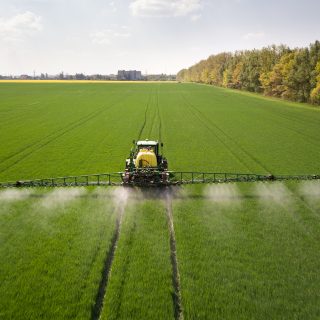
With the rise of smart technologies at its peak, it is more important than ever for farmers to integrate data in their everyday work routine. This practically means maximizing the insights from data towards the return on investment. From managing their crops, to analyzing market needs and corresponding accordingly, data can play a vital role in agriculture today.
But first things first: what types of data can be used in agriculture?
However, there are some challenges that can slow down the adoption and wider usage of data in agriculture. These include:
Data can have a great impact in the way agriculture works. More importantly, it has the potential to allow farmers to have a proactive versus reactive approach to the way they manage crops, leading to more sustainable and efficient practices.
In this respect, Smart Droplets is an innovative project that is poised to revolutionize the agricultural sector. The project aims to address the challenges faced by farmers by utilizing a data management platform and digital twin technology. By leveraging cutting-edge data-driven technologies such as artificial intelligence and autonomous robotic spraying systems, Smart Droplets seeks to increase the efficiency, effectiveness, and sustainability of the agricultural industry. In particular, the project aims to optimize the usage of fertilizers and pesticides, ultimately leading to improved crop yields and a more sustainable future for agriculture.

This project has received funding from the European Union’s Horizon Europe research and innovation programme under grant agreement No. 101070496.